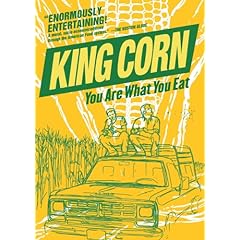
Many wood products are also treated with harmful chemicals, so this is avoided. As a benefit, the material is high-quality and maintenance-free, which is better than what most wood products can offer. It also can not leak or contaminate the soil.
There are many uses for the polywood material, since it is almost identical to natural wood. These include: decking, railings, picnic tables, benches, patio furniture and playground equipment.
The products are easy to assemble, as you can see from this video.
At first, I thought the price was a little high for these chairs, as you would expect with any recycled product, but it's actually not that much more than a chair made from virgin wood. When you compare the length of time that you will have the chair, compared to a model made from virgin wood, you'll be saving lots of money in the long run. We need to be looking at long term decisions when we buy products (quality, not quantity), and this is a perfect example of the type of quality products we need to be buying.
Visit their website for more information about Polywood products.





